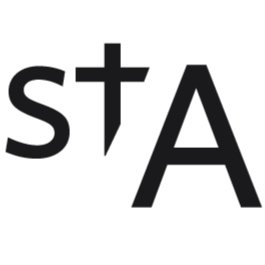Risky Business: Unlocking Unconscious Biases in Decisions
by Anna and Mark Withers (published by Libri, 2016).
Nobody sets out deliberately to make bad or unwise decisions. Yet every day we see all around us the consequences of poor choices, mistakes and sub-optimal thinking. Of course, we’re only human, so mistakes will happen. But what if we could understand our human nature a bit better? What if we could spot the signs of a poor decision, and then think some more about the flawed assumptions our brains are making? Risky Business explains how talented, intelligent, rational people make bad decisions every day because of unconscious bias in the way they think.
This is not an overtly Christian book, it’s a book about how humans think, applying this particularly to the world of work. Mark and Anna are both Christians who attend St Aldates Church regularly; their work is Holy Spirit inspired and this book is the fruit of much prayerful research. It combines psychology with business in a creative way to help humans understand ourselves better.
In the first few chapters, they summarise succinctly and accessibly a huge body of academic research about thinking errors in decision making. Scientists have identified over 100 different types of thinking error that can impact our choices. The problem is that we simply cannot remember them all. Mark and Anna have created a ground-breaking framework, which they call the Hidden R-I-S-K™ framework, which clusters all of these thinking errors onto four main groups and then within each group they cluster the thinking errors again into two very typical characters who embody most of the hidden risk in our thinking errors. By giving each of these eight characters a name, a picture, and characteristics that are easy to remember, Mark and Anna help us to identify when that character might be playing out a script in our brain that could lead us to make a thinking error because of unconscious bias. Having identified the character who is writing a script for our brain, we can become a smarter decision maker by deploying strategies to rebalance our thinking and consider other possibilities.
Full of examples, case studies and anecdotes, this book tackles a difficult subject in an extremely readable way. It simplifies the complex, providing memorable cues to help us identify when our thinking might be leading us towards a heffalump trap. As aficionados of Winnie the Pooh know, anyone can fall into a heffalump trap, so learning how to spot them is vital!

